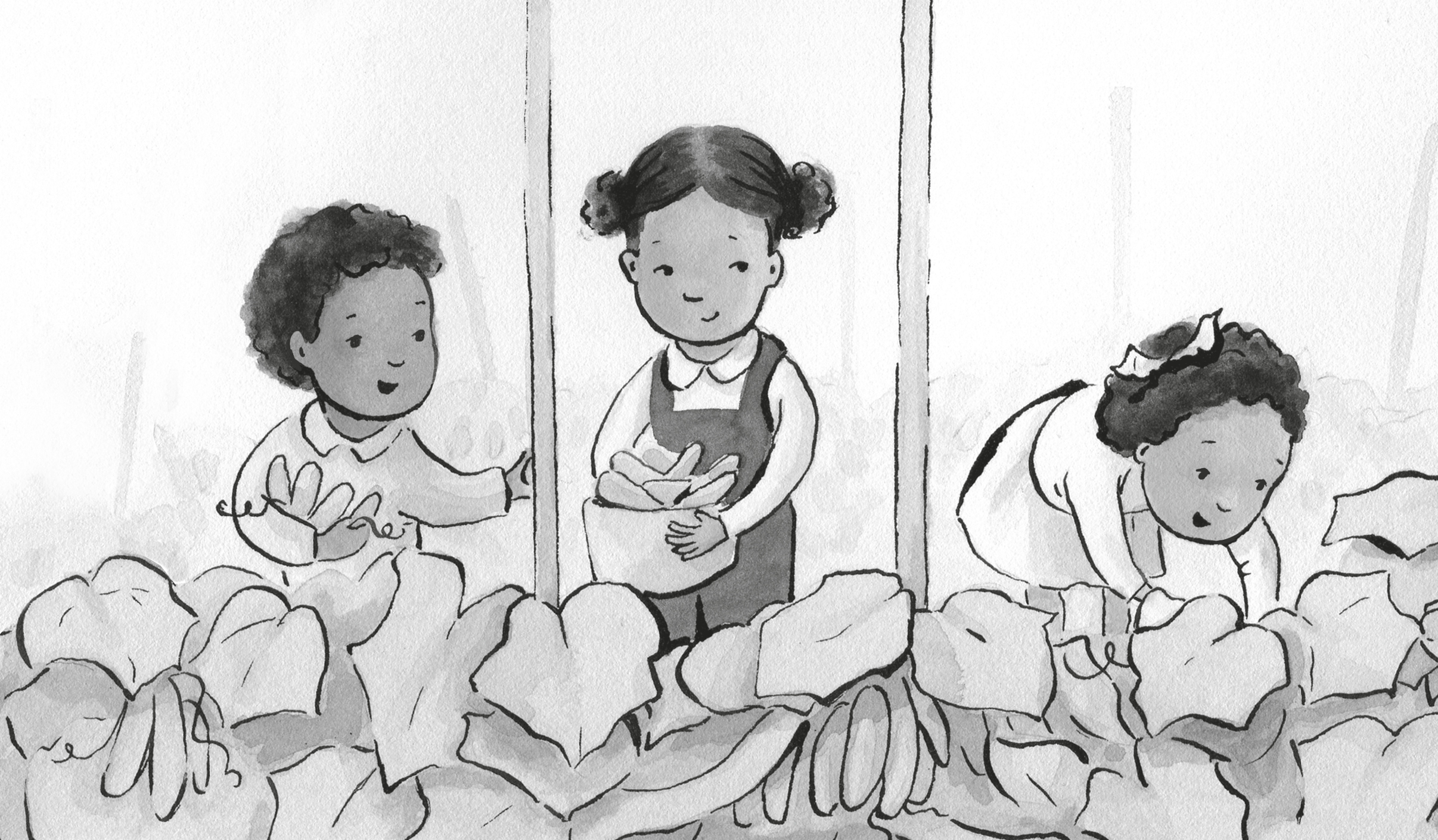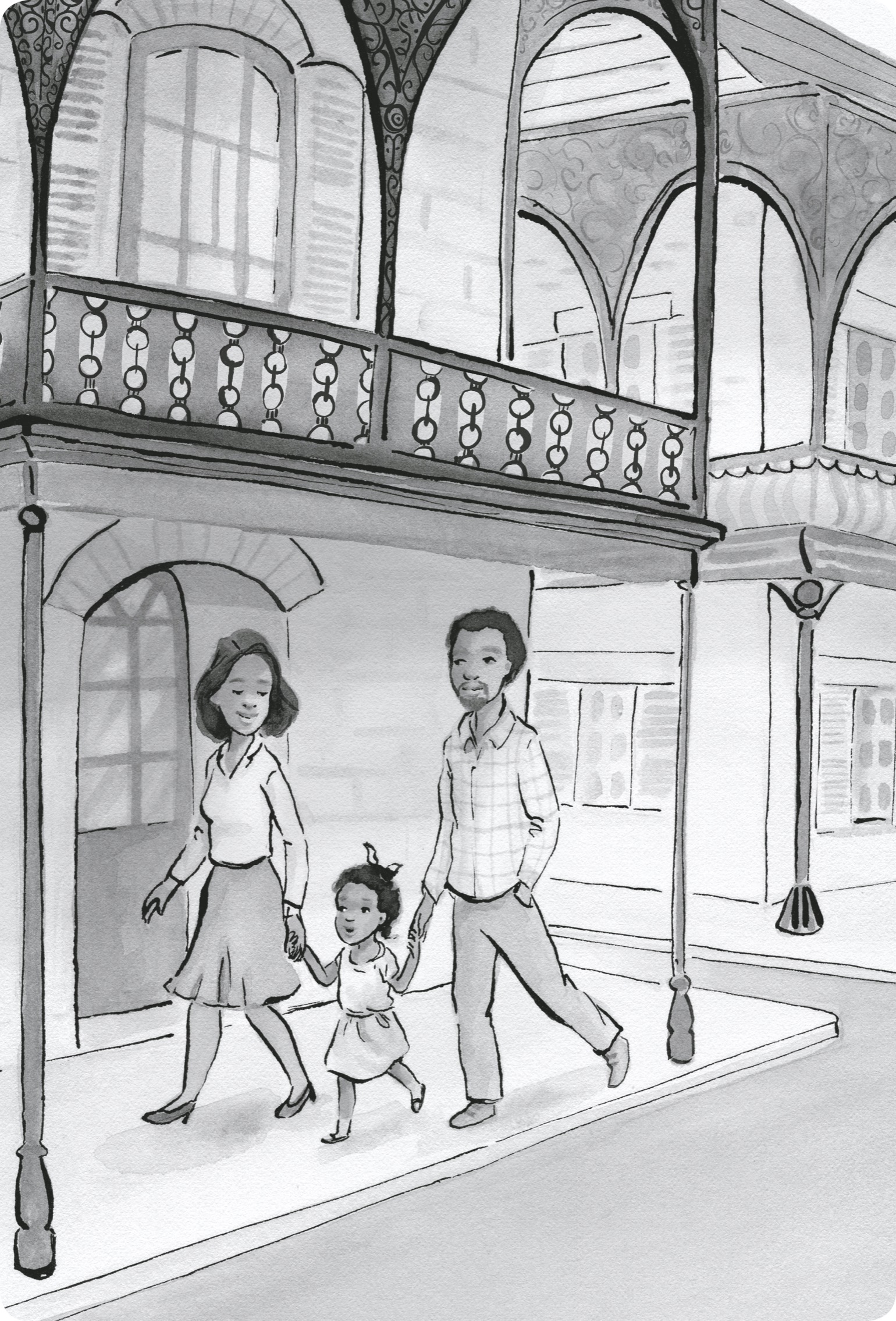PHILOMEL BOOKS
An imprint of Penguin Random House LLC, New York

First published in the United States of America by Philomel, an imprint of Penguin Random House LLC, 2021.
Text copyright 2021 by Chelsea Clinton.
Illustrations copyright 2021 by Alexandra Boiger.
Penguin supports copyright. Copyright fuels creativity, encourages diverse voices, promotes free speech, and creates a vibrant culture. Thank you for buying an authorized edition of this book and for complying with copyright laws by not reproducing, scanning, or distributing any part of it in any form without permission. You are supporting writers and allowing Penguin to continue to publish books for every reader.
Philomel Books is a registered trademark of Penguin Random House LLC.
Visit us online at penguinrandomhouse.com.
Library of Congress Cataloging-in-Publication Data is available.
HC ISBN 9780593115862
PB ISBN 9780593115879
Ebook ISBN 9780593115886
Edited by Jill Santopolo.
Design by Ellice M. Lee, adapted for ebook by Kelly Brennan
The publisher does not have any control over and does not assume any responsibility for author or third-party websites or their content.
pid_prh_5.7.1_139307961_c0_r0
 For
For
Lia and Iris
Dear Reader,
As Sally Ride and Marian Wright Edelman both powerfully said, You cant be what you cant see. When Sally Ride said that, she meant that it was hard to dream of being an astronaut, like she was, or a doctor or an athlete or anything at all if you didnt see someone like you who already had lived that dream. She especially was talking about seeing women in jobs that historically were held by men.
I wrote the first She Persisted and the books that came after it because I wanted young girlsand children of all gendersto see women who worked hard to live their dreams. And I wanted all of us to see examples of persistence in the face of different challenges to help inspire us in our own lives.
Im so thrilled now to partner with a sisterhood of writers to bring longer, more in-depth versions of these stories of womens persistence and achievement to readers. I hope you enjoy these chapter books as much as I do and find them inspiring and empowering.
And remember: If anyone ever tells you no, if anyone ever says your voice isnt important or your dreams are too big, remember these women. They persisted and so should you.
Warmly,
Chelsea Clinton
TABLE OF CONTENTS
CHAPTER 1
From the Family Farm to the Big City
When Ruby Bridges was born in 1954, her parents brought her home, full of hope that their daughter would grow up in a better world than they had. Little did they know how big a role Ruby herself would play in building that better world.
Ruby and her parents lived on her grandparents farm in Tylertown, Mississippi. The family loved their land, and they loved being together. Farming was very challenging work. Everyone helped out, even young Ruby! As she grew, she visited her other grandparents farm, too. She and her cousins picked beans and cucumbers and helped with canning to preserve them.
The Bridges family worked very hard, but they did not have a lot of money. Rubys father tried to get another job to help support the family, but it was hard to find a business that would hire him.
The United States of America was a difficult place for Black people, like Rubys family, to live. Mississippi was an especially hard place for a Black family to live, because of certain laws that affected Black people. These laws enforced a system called segregation. Segregation laws kept Black people and white people apart. They had to eat in separate restaurants and live in separate neighborhoods. At movie theaters, there was one door for white people and a separate door for Black people. On every bus, there were separate seating sections for Black people and white people. In the park, there was one drinking fountain for Black people and another one for white people. Black children went to all-Black schools and white children went to all-white schools.
The worst part was the schools, water fountains, and seating areas for Black people were not as nice as the ones for white people. This was very unfair. Black people felt angry and frustrated about the way they were being treated. But the country had been using segregation laws for a long time, and people were used to it. Some people were eager to see these laws change, but many others were afraid.
When Ruby was two or three years old, running around on her grandparents farm, she had no idea what segregation was. She did not know that people were going to treat her unfairly because of the color of her skin. She had never even spoken to a white person! She was happy in her all-Black world.
Rubys parents knew all about segregation. They worried about Rubys future. Rubys parents did not know how to read or write, because they hadnt been able to go to school. They wanted Ruby to have a chance to learn. They wanted her to have every opportunity that a white child might have. So they decided to leave their small Mississippi town and move to New Orleans, Louisiana. Rubys parents believed that living in a big city would give Ruby a chance to go to a good school.
Why? Well, in 1954, the year Ruby was born, something important had happened. The United States Supreme Court, the highest court in the land, heard a story about a Black girl named Linda Brown who wanted to go to the best school in her city, which was an all-white school. After hearing her story, the Supreme Court decided that segregation laws were unfair because they stopped Black children like Linda from going to the best schools. The court ordered schools across the country to integrate, which meant that they needed to allow Black and white students to attend the same schools.
Ruby was four years old when her family moved to New Orleans. It had also been four years since the Supreme Court ordered schools to integrate, but New Orleans schools were still segregated.
Ruby had not started school yet, but she knew that she would start kindergarten soon. Her family moved into two bedrooms of a house in an all-Black neighborhood. Ruby and her three younger siblings shared a bedroom. She missed her grandparents and the farm, but she was able to visit them in the summer. My world in those days was comfortable and safe, Ruby said.
She did not know that was about to change.
CHAPTER 2
An Important Test
Ruby did get to go to school in New Orleans, just like her parents had hoped. When she was five years old, she started kindergarten at Johnson Lockett Elementary School. It was an all-Black school. Even though the Supreme Court had ordered schools to integrate, Louisiana was one of several states that were very slow to change.

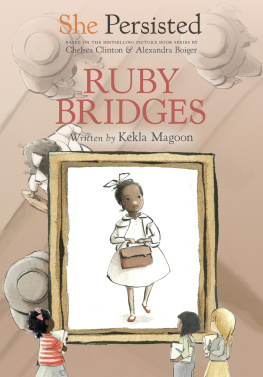
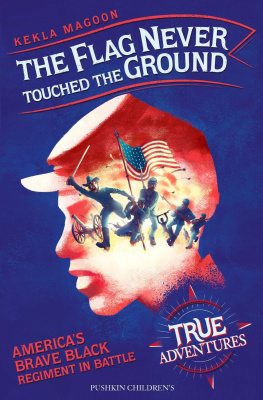
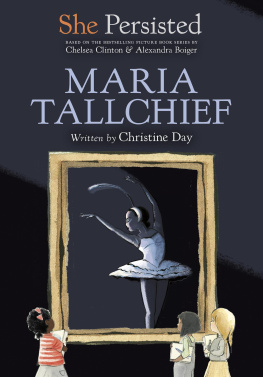
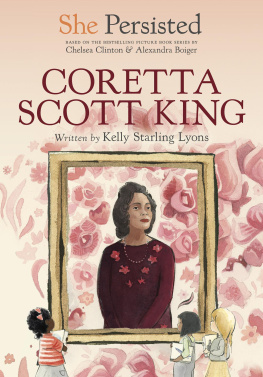
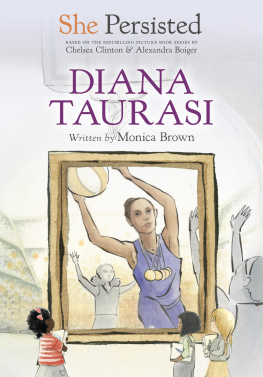
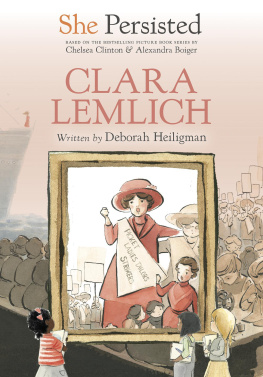
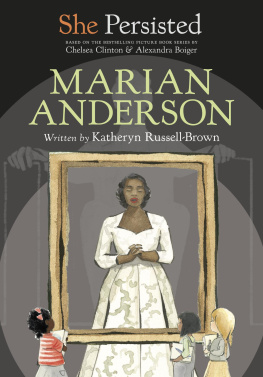
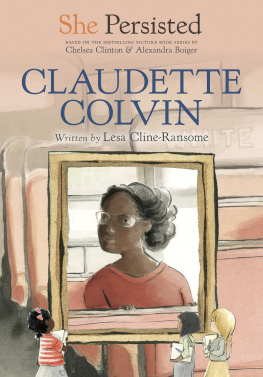
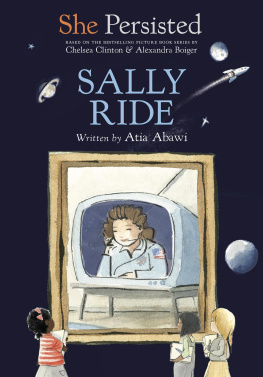
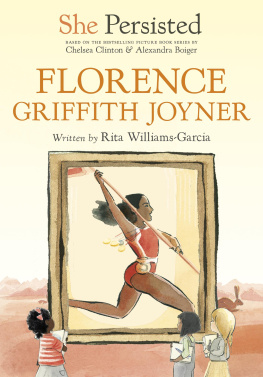
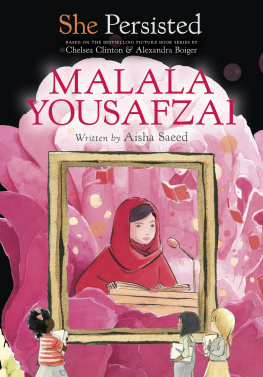
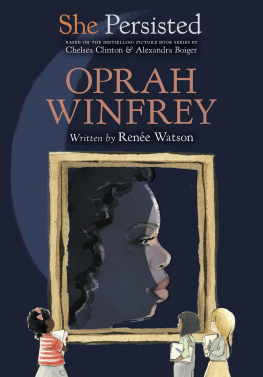
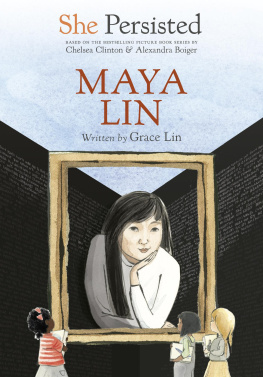
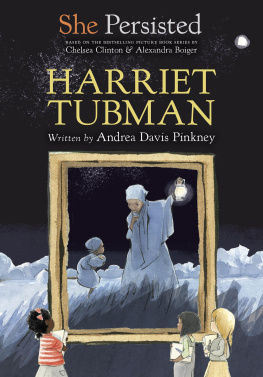
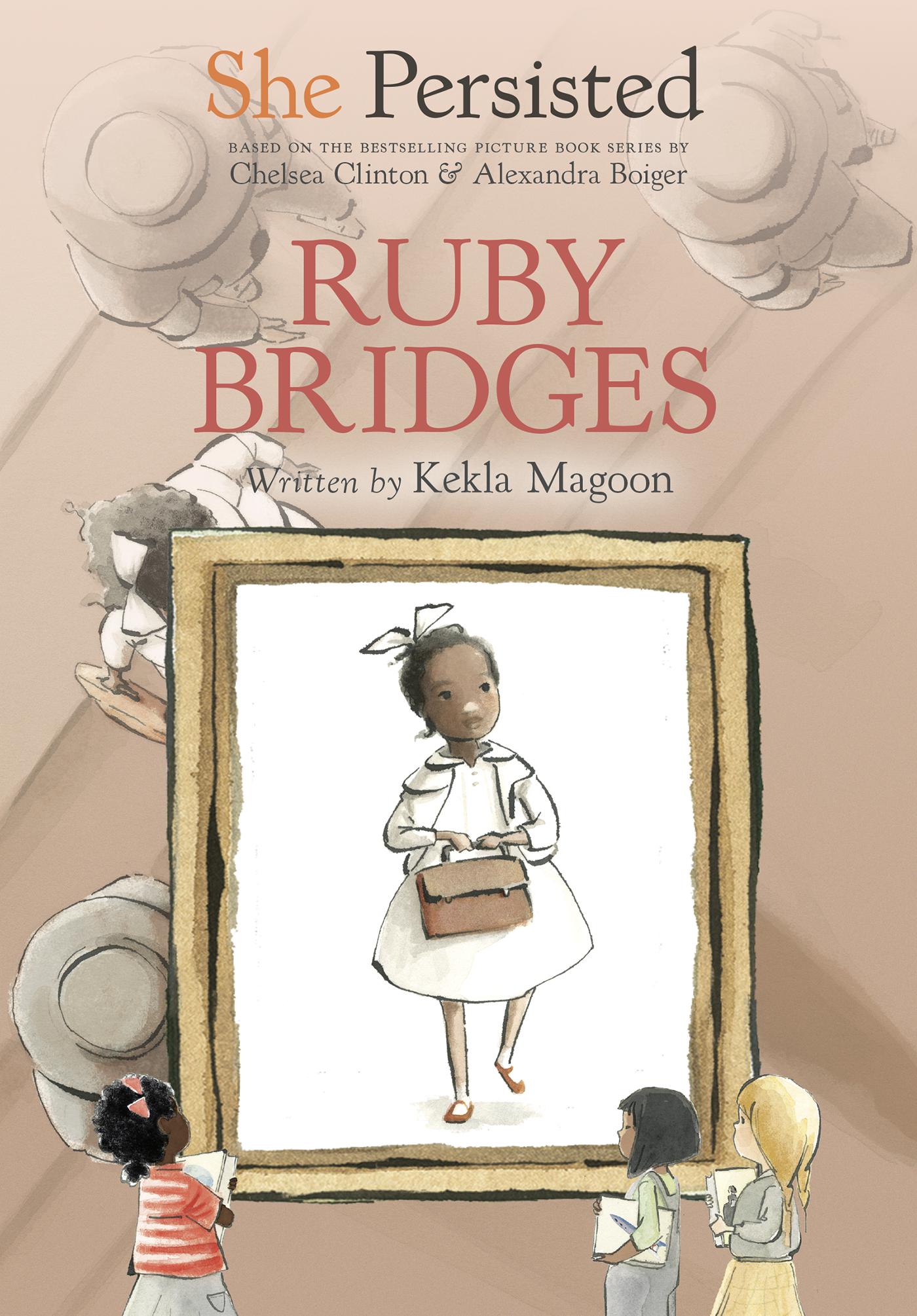


 For
For
